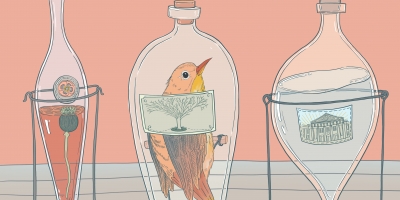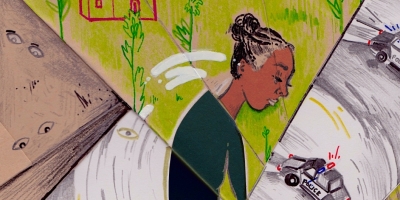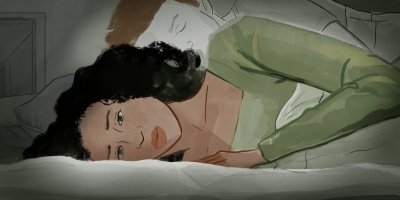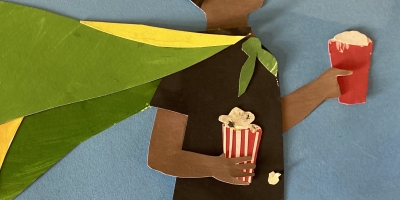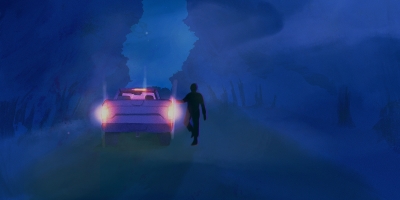Issue 16
Letter from the Editor
by Rebecca Rubenstein
Hello,
This issue, like our last one, was born out of necessity. When our editorial team regrouped earlier this summer to discuss what publishing again might look like, especially after another two-year hiatus and when set against the grave backdrop of the current situation in the US, there was little question as to what shape it might take. The kinds of stories we wanted to include are the kinds we’ve prized since the magazine’s beginning: narratives that capture the most pressing questions, concerns, preoccupations, fears, anxieties, hopes, and joys of our writers. We have always appreciated writing that works to activate something deep within a reader. And we have always appreciated the generosity of writing steeped in craft, with sentences whose rhythm and sounds climb inside our bones and haunt us for a little or—if we’re lucky—a long while.
Things are pretty bleak right now. We all know where we’re at—psychologically, emotionally, physically. Some of us are struggling to manage, and some of us aren’t managing at all. There’s no real right way to be. We just are. And while we are all trapped in the middle of a horrific pandemic, in the middle of a fascist political nightmare, in the middle of a complete human rights crisis, in the middle of an economic implosion, and in the middle of a climate meltdown, if there is one speck of light in this vast and dark and seemingly endless tunnel, it’s that our stories still exist. Our stories are still being told. They still matter. The American literary community, through everything, has been pushing forward. Writers are still writing. Editors are still editing. Calls for submissions are still being made, and reading queues are still filling up, and new and powerful and necessary voices are still being discovered. We are still here.
We are proud to be part of the forward momentum and drive of our community, and especially proud to present Issue 16, which is full of the kinds of writing and art that bring us to our knees. It is also a look at where we are now and where we could be going. Thematically, this issue is a twin of sorts to Issue 15, but instead of focusing on the ongoing nightmares of living in America, its six pieces often examine what it means to maintain hope in a country systemically rooted in oppression and despair. We asked our writers to consider the idea of the American Dream: what kind of country do you want the US to be? What these pieces express, in their own way, is the desire for a country that is less exhausting. One that stops surveilling, policing, brutalizing, and dehumanizing its Black citizens. One where white supremacy is finally reckoned with by white people, on both a mass cultural scale and by the individuals who benefit from its ongoing existence. One where women and people of color aren’t crushed by the constant pressure to reach an impossible standard of perfection, and one where immigrants of color are free to live in the US without fear of discrimination, racism, xenophobia, persecution, and most of all, erasure of identity and selfhood. This is an issue that looks at where we go from here. It imagines what is possible for this country, even when so much so often feels impossible.
Every issue of Midnight Breakfast comes together with an all-hands-on-deck approach, but so much of Issue 16 exists because of our newest editors, Ashley Perez and O. Edwin Ozoma. Writers themselves, Ashley and Edwin are intimately familiar with the contours of what makes narratives take flight, and their deft approaches to the editorial process have been invaluable in helping Issue 16 come to life.
To end, we at Midnight Breakfast want to dedicate this issue to every marginalized writer who has ever been told by a literary professional that there is no “market” for your story, or who has ever been made to feel like your work doesn’t matter. It does. We promise you. Your audience exists, and someone, somewhere, needs your words. Your writing is going to bust a reader’s heart wide open one day, and it is going to save that reader’s life. Keep going.
Rebecca Rubenstein, Editor-in-Chief
